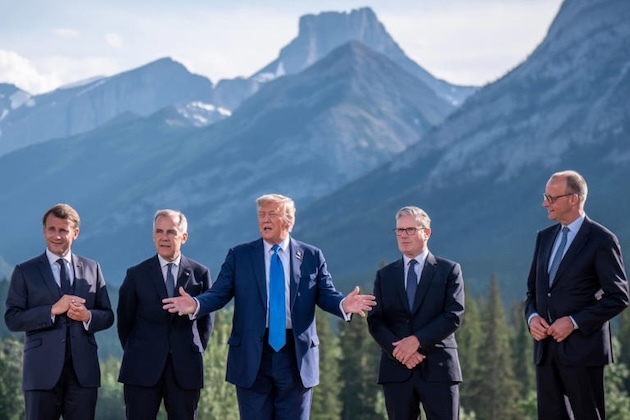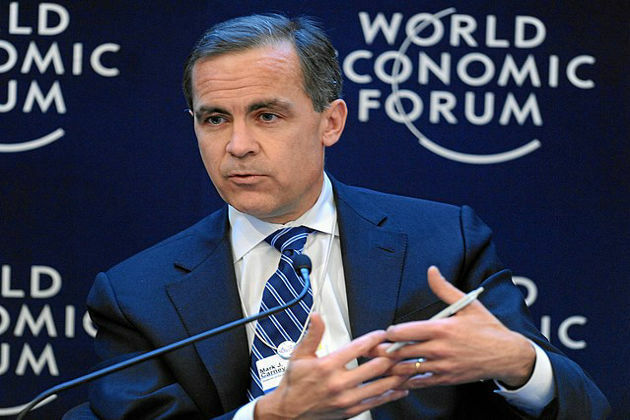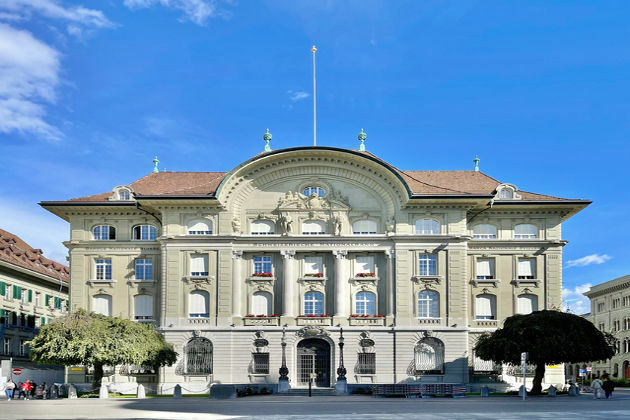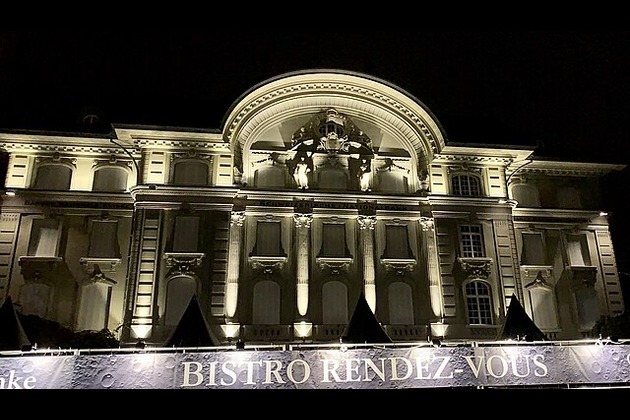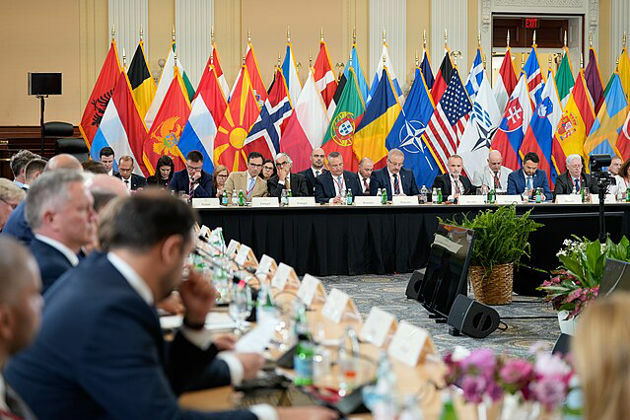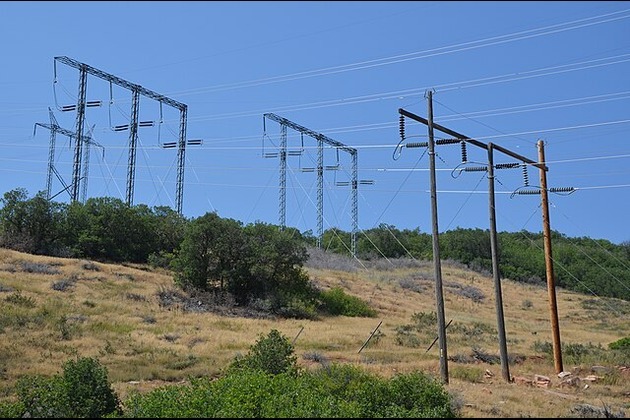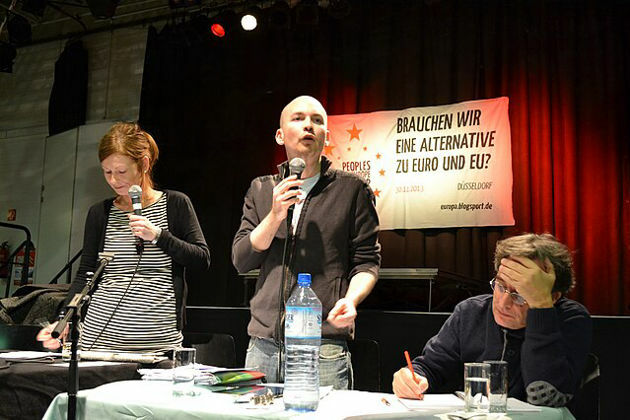China's Maneuvering Spells Turbulence for Hong Kong, Analysts Say
Voice of America
23 Apr 2020, 13:05 GMT+10
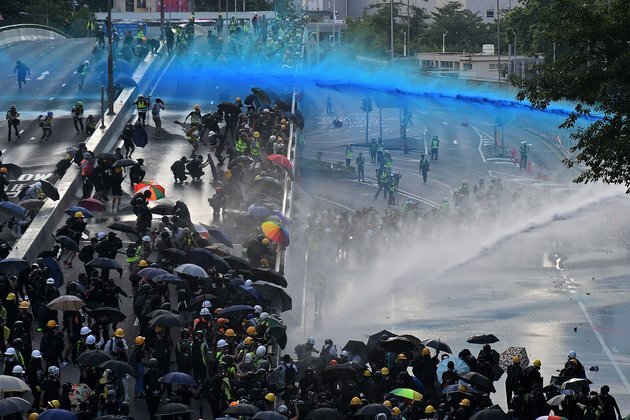
HONG KONG - Analysts are predicting that China's recent high-profile posturing over Hong Kong signals a bumpy political future for the semiautonomous city and the likely return of mass protests.
They were reacting to last week's arrest of 15 prominent democracy activists on charges of illegal assembly, accused of taking part in unapproved protests last year; the declaration by China's liaison office here that it is not bound by a clause in Hong Kong's constitution, the Basic Law, barring Beijing from interfering in local affairs; and the liaison office head's call for Hong Kong to enact national security legislation, shelved since 2003.
Analysts say China's heightened concern about national security threats, sparked by the coronavirus outbreak and its tense relations with the U.S., has prompted it to push Hong Kong, rocked by months of anti-government protests, to speed enactment of the controversial national security bill after mass protests.
Moreover, they say, Beijing sees the West's concentration on battling the pandemic as offering a perfect opportunity to act tough on Hong Kong.
"This is a new affront on one country, two systems," said Kenneth Chan, a political scientist at the Hong Kong Baptist University, referring to the principle for Chinese control of Hong Kong promised under the 1984 Sino-British Joint Declaration.
"The pandemic has provided Beijing a window of opportunity to introduce tough measures over Hong Kong," he said.
Meanwhile, Steve Tsang, director of University of London's SOAS China Institute, said Western democracies' failure to prepare for the COVID-19 outbreak means Chinese President Xi Jinping "is no longer feeling vulnerable because of his earlier mismanagement of the pandemic, and he is not feeling under much pressure from within the establishment."
Analysts warn that China's repression in Hong Kong will intensify in the near future, with some believing China is pushing the city to pass the legislation before September's legislative election. The authorities are nervous that the pro-democracy camp may claim a majority in the same way that it won a landslide victory in district council elections in November, they say.
"If Hong Kong people don't [behave], that provides an excuse for the party to take harder lines, including canceling the September elections. Xi may well think that Hong Kong is on its own and will have to comply," Tsang said.
China still relies on Hong Kong for trade and business, but its recent maneuver does not suggest that it was worried about undermining investors' confidence.
"Hong Kong's capital and technology is not as important for China now as it was [30 years ago], now that it is rich and it is connected to the wider world," said Zhang Lifan, a Beijing-based independent political commentator.
Hong Kong's gross domestic product has gone from about one-third the size of China's in the 1980s to less than 3 percent in 2019, Tsang said.
"COVID-19 has already cost China more than 3 percent of GDP and it has not brought about catastrophe. So, it is not unreasonable that Beijing feels that, if the worst comes to worst in Hong Kong, it would be a price China can pay," Tsang said.
However, British-based Hong Kong Watch says the Asian financial hub's value should not be underestimated. As the home to the largest number of initial public offerings by Chinese firms and the largest offshore center for Chinese company bond sales, Hong Kong remains a gateway for Western capital to reach China's markets, it said in a report.
Chan warned that China's interventions will hurt Hong Kong's trade, economic and financial status.
"To the extent that the city is no longer able to retain the confidence of investors, its population and the economy will be quickly de-internationalized, whilst politically and socially Hong Kong is forced to undergo rapid mainlandization," Chan said.
Wu Qiang, a political scientist formerly with Beijing's Tsinghua University, said an authoritarian country with national security threats at the top of its priorities, does not always make rational choices, however.
"Beijing's consistent attitude ... is to bolster state security to complete its control of Hong Kong," he said.
Analysts and activists warn China's iron-fisted policy toward Hong Kong may ultimately backfire. Many ordinary Hong Kong people are already saying they would take to the streets again if the anti-subversion legislation goes ahead, reviving the anti-government movement which has largely paused amid the coronavirus pandemic.
"The government will not succeed in instilling fear in the public," said Chan. "The more they harass, bully, humiliate and battle their opponents, the more they turn people against them."
 Share
Share
 Tweet
Tweet
 Share
Share
 Flip
Flip
 Email
Email
Watch latest videos
Subscribe and Follow
Get a daily dose of Irish Sun news through our daily email, its complimentary and keeps you fully up to date with world and business news as well.
News RELEASES
Publish news of your business, community or sports group, personnel appointments, major event and more by submitting a news release to Irish Sun.
More InformationInternational
SectionInternational law no longer a priority among Western leaders
Western support for Israel's right to strike Iran backs up a pattern of pre-emptive violence that critics say is further eroding international...
Carney sets 30-day deadline for US trade deal
OTTAWA, Canada: Canada may boost its counter-tariffs on steel and aluminum imported from the U.S. if a comprehensive trade agreement...
Leaked call pushes Thai govt to the brink as allies waver
BANGKOK, Thailand: Thailand's government is facing its biggest crisis in nearly a year, as Prime Minister Paetongtarn Shinawatra's...
Trump orders U.S. to join Netanyahu's war on Iran
WASHINGTON, DC - U.S. President Donald Trump how bowed to pro-Israel elements in his administration and Congress, announcing that the...
Swiss National Bank responds to strong franc and US trade doubts
ZURICH, Switzerland: The Swiss National Bank (SNB) lowered its key interest rate to zero percent on June 19 to respond to falling inflation,...
New U.S. guidelines may cut daily alcohol limit from advice
WASHINGTON, D.C.: The U.S. government is preparing to revise its influential dietary advice, with a significant shift: dropping the...
Europe
SectionEurope eases rates as Fed holds and Trump threatens tariffs
ZURICH, Switzerland: A wave of central banks across Europe surprised markets last week by lowering interest rates, responding to easing...
Swiss National Bank responds to strong franc and US trade doubts
ZURICH, Switzerland: The Swiss National Bank (SNB) lowered its key interest rate to zero percent on June 19 to respond to falling inflation,...
The Hague faces lockdown for global leaders' meet
THE HAGUE, Netherlands: The city that prides itself on being a beacon of peace and justice—home to institutions like the International...
Senator Duffy lauds proposed laws against vaping in Ireland
DUBLIN, Ireland: Fine Gael Senator Mark Duffy says new laws to regulate vaping products will help make them less attractive to young...
REE misjudgment caused April blackout, says Spain's energy chief
MADRID, Spain: A routine oversight by Spain's power grid operator, REE, has been identified as the trigger behind the large-scale blackout...
Ireland MP Paul Murphy released by Egyptian authorities on June 16
DUBLIN, Ireland: Egyptian authorities released Paul Murphy, TD, from the People Before Profit party after his second detention on June...

